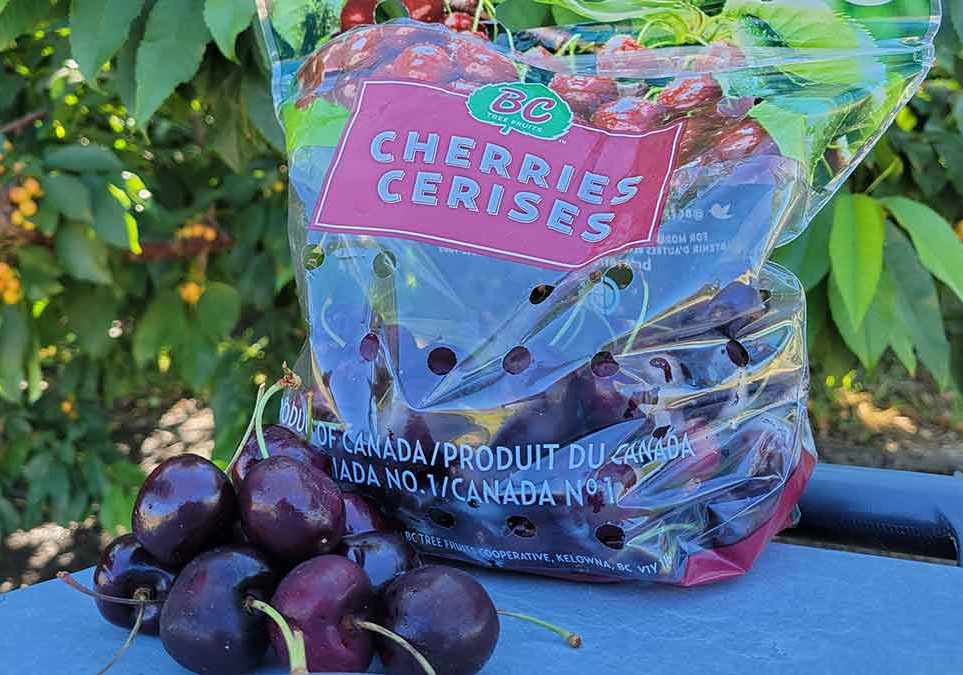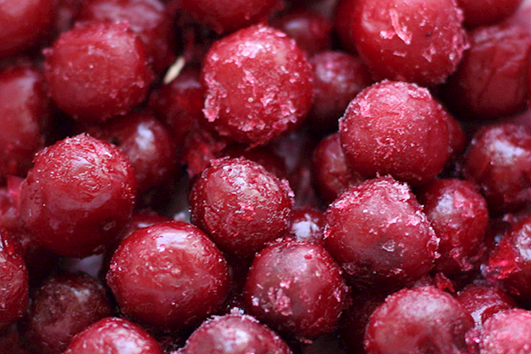The sustainable development of the fruit and vegetable sector is a top priority, especially considering the dwindling water reserves caused by ongoing climate change. Therefore, it follows that there is an increasing amount of international research aimed at studying strategies to increase the water stress tolerance of fruit trees.
Mycorrhization of fruit tree roots with beneficial microorganisms is an alternative method to the application of synthetic substances. In fact, inoculation with arbuscular mycorrhizae and/or rhizobacteria is used to promote plant growth and development in a sustainable manner.
In detail, arbuscular mycorrhizae, which operate as a mutualistic symbiotic association, improve the supply of nutrients to the plant while enhancing resistance to abiotic stresses and protection against a range of pathogens and pests.
The aim of the study conducted by researchers from several Ukrainian universities was to evaluate the effect of mycorrhizal root inoculation on the growth and development of cherry trees, with the intention of formulating effective management strategies for fruit production.
The trial took place in a sweet cherry orchard located in the southern steppe sub-zone of Ukraine, during the growing seasons between 2018 and 2020.
The theses compared were:
- Control (without inoculum)
- Inoculation of sweet cherry roots with MycoApply SuperConcentrate 10 (endomycorrhiza)
- Inoculation of sweet cherry roots with MycoApply Micronized Endo/Ecto.
Field, laboratory, biochemical, physiological and statistical methods were used for this research. Under the conditions of southern Ukraine, mycorrhization of cherry roots with MycoApply SuperConcentrate 10 facilitated the restructuring of the photosynthetic apparatus of the leaves, the increase in leaf area in the second year after inoculation and the improvement of the leaf water regime in the first year after inoculation.
Root inoculation with MycoApply Micronised Endo/Ecto did not have a significant impact on the overall leaf moisture content or leaf area of the sweet cherry. However, the application of MycoApply Micronised Endo/Ecto to the trees resulted in a 1.3-11.8% increase in the water-holding capacity of the leaves compared to the control group.
An increase in the potassium concentration of sweet cherry leaves was observed in the second year of the investigation when the roots were inoculated with MycoApply Micronised Endo/Ecto. These preliminary results show how both endomycorrhizal and endo-ectomycorrhizal root mycorrhization contribute to the tolerance of cherry trees to arid environmental conditions..
The researchers point out, however, that the presence of inadequate nutrient and moisture levels in the soil symbiosis with microorganisms can lead to harmful effects. This is because under limiting conditions, the mycorrhizal fungus begins to compete with its host plant for nutrients, decreasing the nutrient release to the plant.
In conclusion, root inoculation with mycorrhizal fungi can be a valid adaptation strategy to water scarce conditions. To further facilitate the complete functioning of the mycorrhizal symbiosis, however, it is necessary to plan interventions with organic fertilisers and irrigation..
But research should not stop here: to promote the sustainable development of horticulture, future studies should also focus on assessing the quality of sweet cherry fruits using biochemical parameters.
Fonte: Gerasko T., Tymoshchuk T, Sayuk O, Rudenko Y, Mrynskyi І, Investigation of the response of sweet cherries to root mycorrhisation with biologics for sustainable horticulture development, Scientific Horizons, 26, 31/05/2023, 10.48077/scihor5.2023.76.
Melissa Venturi
Università di Bologna (IT)
Cherry Times - All rights reserved










